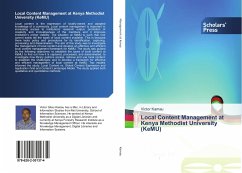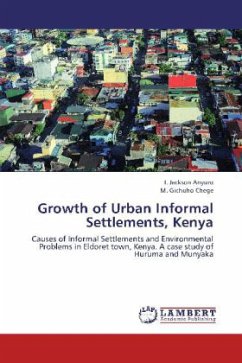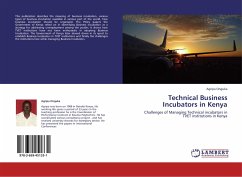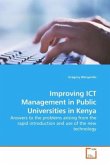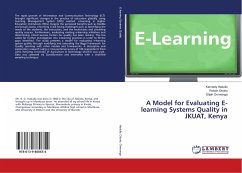Local content is the expression of locally-owned and adapted knowledge of a community. Local content management is important in increasing access to institutions' research output, promotion of creativity and innovativeness of the members and it improves institution's online visibility. The situation at KeMU is such that one cannot easily tell the types of local content available. This is because there lacks policy and procedures for its identification, capturing, processing and dissemination. The aim of this study was to investigate the management of local content and develop an effective and efficient local content management framework for KeMU. The study was guided by the following objectives: to establish the types of local content at KeMU; to find out how it is captured, processed, and disseminated; to investigate how library patrons access, retrieve and use local content; to establish the challenges; and to develop a framework for effective and efficient management of local content at KeMU. Two models informed the study; Local Content vs. Global Content Expression and Application Grid and Content Landscape Model. The study applied both qualitative and quantitative methods.
Bitte wählen Sie Ihr Anliegen aus.
Rechnungen
Retourenschein anfordern
Bestellstatus
Storno

